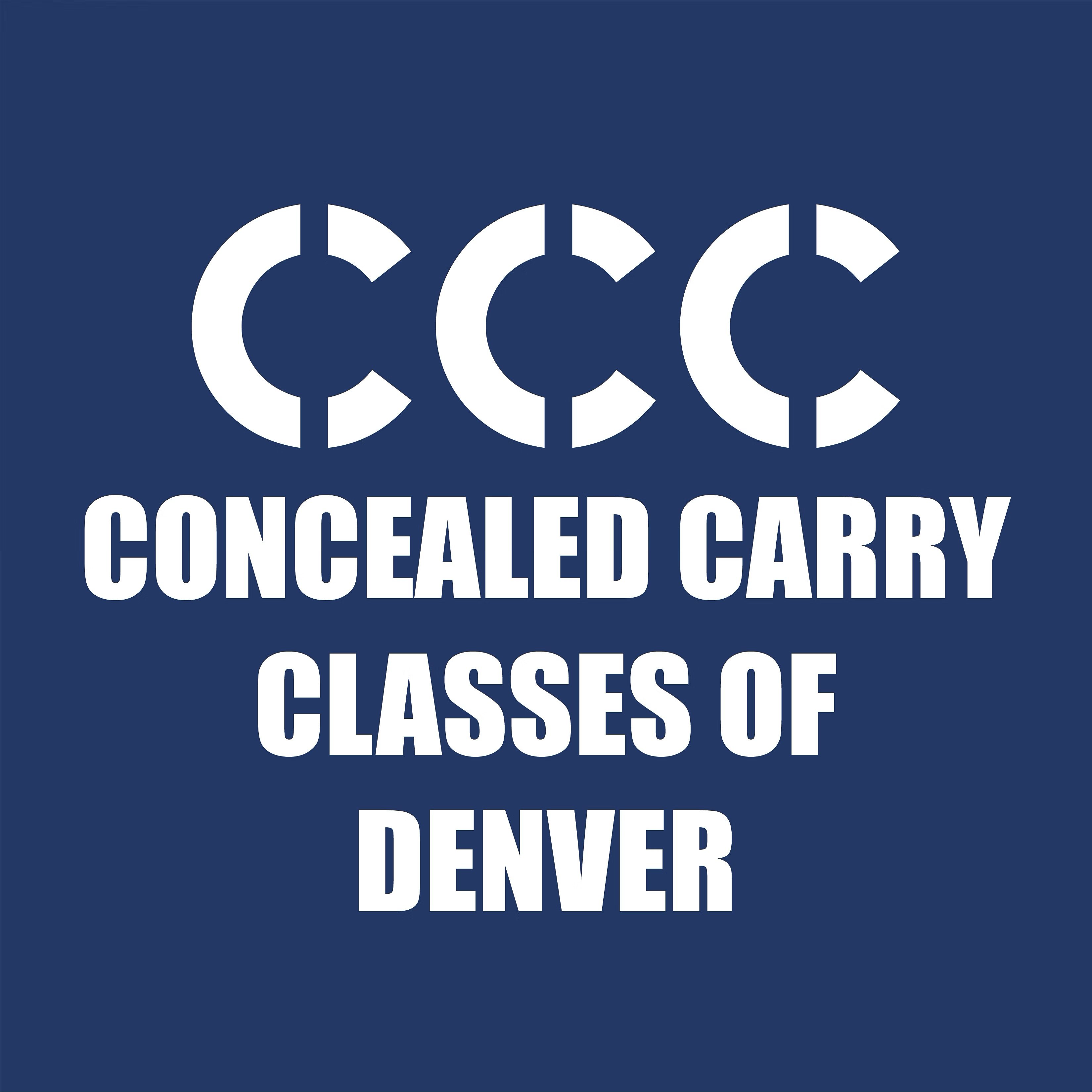In June 2024, Governor Jared Polis signed into law a bill introducing new requirements for obtaining a concealed carry permit in Colorado. These changes, effective from July 1, 2025, aim to ensure that permit holders are thoroughly trained in firearm safety and legal considerations. If you’re considering applying for a concealed carry permit, it is advisable to do so before these new requirements take effect. Here’s what you need to know about the upcoming changes:
Key Changes in the Law
Under the new legislation, applicants for a concealed handgun permit must complete a more rigorous training process than previously required. The key changes include:
- In-Person Training Requirement:
- Concealed handgun training classes must be held in person. Online or remote training will no longer fulfill the requirement.
- Enhanced Training Curriculum:
- The training must be a law enforcement training firearms safety course or a firearms safety course taught by a verified instructor. The curriculum includes:
- Knowledge and safe handling of firearms and ammunition.
- Safe storage of firearms and child safety.
- Safe firearms shooting fundamentals.
- Federal and state laws pertaining to the lawful purchase, ownership, transportation, use, and possession of firearms.
- State law pertaining to the use of deadly force for self-defense.
- Best practices for safely interacting with law enforcement personnel responding to an emergency.
- Techniques for avoiding criminal attacks and managing violent confrontations, including conflict resolution and judgmental use of lethal force.
- The training must be a law enforcement training firearms safety course or a firearms safety course taught by a verified instructor. The curriculum includes:
- Competency Exams:
- Applicants must achieve a passing score on a written concealed handgun competency exam and in a live-fire exercise to complete the initial class.
- The initial class must provide at least 8 hours of instruction, including the live-fire exercise with a qualification of 70 percent or higher and passing a written exam.
- Renewal Requirements:
- Renewal of a permit now requires completion of an initial class or a concealed handgun refresher class, unless an exemption applies.
- The refresher class must be held in person, taught by a verified instructor, include instruction on changes to firearms-related laws, and require a passing score on a live-fire exercise and written exam.
- The refresher class must provide at least 2 hours of instruction, including the live-fire exercise with a qualification of 70 percent or higher and passing a written exam.
- Instructor Verification:
- The County Sheriffs are responsible for verifying class instructors. Verified instructors must hold a valid concealed carry permit and be certified by a law enforcement agency, college or university, nationally recognized organization that offers firearms training, or firearms training school.
- It is a deceptive trade practice to claim to be a verified instructor without proper verification.
- Misdemeanor Conviction Prohibition:
- Individuals convicted of certain misdemeanor offenses within 5 years before submitting a permit application will be prohibited from obtaining a permit.
- Peace Officer Certification:
- A person can demonstrate competence with a handgun by holding a current certification as a peace officer.
Why Act Now?
With the new law taking effect on July 1, 2025, it’s recommended that individuals seeking a concealed carry permit take action before the new requirements are enforced. This can help avoid the additional time and effort needed to meet the more stringent training criteria.
Our Concealed Carry Permit Class
We offer comprehensive concealed carry classes that meet current requirements, ensuring you can obtain your permit before the new law comes into effect. Our classes cover all necessary aspects of handgun safety, legal considerations, and practical shooting skills, taught by certified instructors with extensive experience.
Don’t wait until the new requirements become a hurdle. Click here to enroll in our concealed carry permit class and secure your permit under the current regulations.


